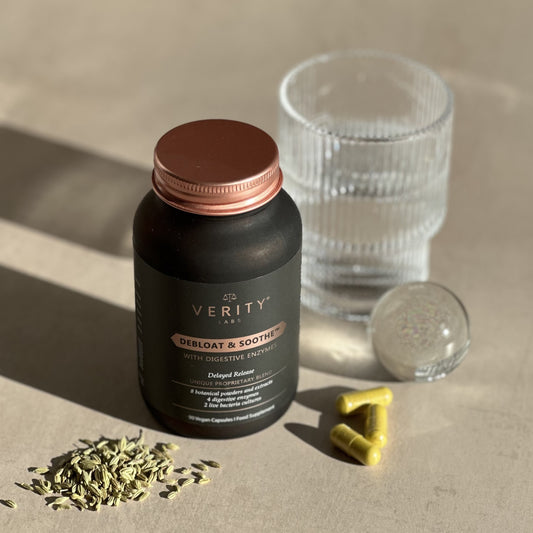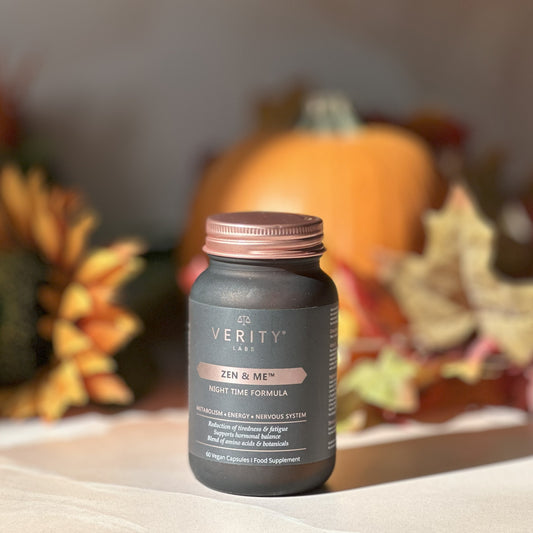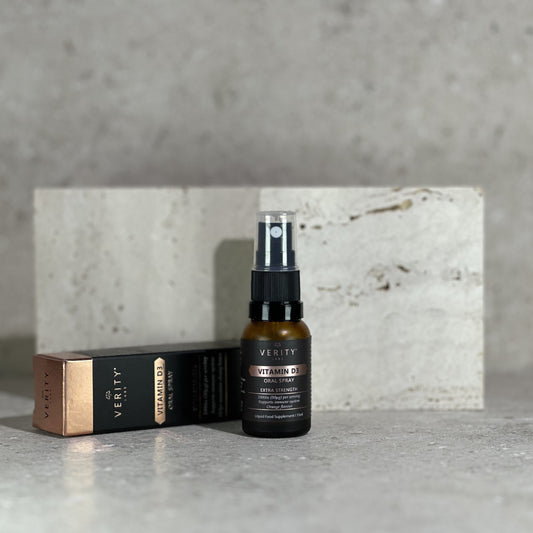Coffee is a daily ritual for many, offering a boost in energy and rich flavour to kick-start the day. However, it’s not without its drawbacks, especially for those who experience bloating or have digestive conditions like Irritable Bowel Syndrome (IBS). While coffee has its benefits, it’s important to understand how it can impact gut health and potentially worsen IBS symptoms.
Why Coffee Can Cause Bloating
One of the main reasons coffee can lead to bloating is its ability to stimulate the production of stomach acid. This increased acid production can aid digestion in small amounts, but for those with a sensitive stomach or conditions like IBS, it can cause irritation, bloating, and discomfort. The acidity in coffee can sometimes inflame the gut lining, especially when consumed on an empty stomach, leading to a bloated feeling.
Coffee also acts as a natural laxative by triggering the release of gastrin, a hormone that encourages bowel movements. This laxative effect can speed up digestion, which might be beneficial for constipation but problematic for those prone to diarrhoea - a common symptom of IBS. Rapid digestion can lead to incomplete breakdown of food, causing gas and bloating as undigested particles ferment in the gut.
The caffeine in coffee also plays a significant role in gut health. Caffeine stimulates the central nervous system and increases gut motility, speeding up how quickly food moves through the digestive system. While this can promote regular bowel movements, it can also lead to bloating, cramping, or discomfort in people with IBS due to the faster transit time, which may result in poor nutrient absorption and gas build-up.
Additives in coffee, such as milk, cream, or sugar, can exacerbate bloating, especially for individuals who are lactose intolerant or sensitive to certain sugars. For those with IBS, even artificial sweeteners can pose a risk as they may ferment in the gut and lead to increased gas and bloating.

How Coffee Can Worsen IBS Symptoms
IBS is a condition characterised by symptoms such as bloating, cramping, abdominal pain, and irregular bowel movements. Coffee can impact IBS in multiple ways. Its stimulant properties may intensify the contractions of the intestines, leading to more pronounced cramping or urgent bowel movements. For individuals with IBS-D (diarrhoea-predominant IBS), the stimulating nature of coffee can exacerbate symptoms by hastening the movement of food through the digestive tract.
Coffee’s high acidity may also irritate the gut lining, leading to discomfort and triggering IBS flares. The compounds in coffee, including chlorogenic acids, can increase stomach acid production, which may not pair well with an already sensitive digestive system.
For those with IBS-C (constipation-predominant IBS), coffee may sometimes help relieve symptoms due to its laxative effect, but it could still lead to discomfort and bloating. The rapid digestive response might not provide sufficient time for proper absorption of fluids, which could make stools harder and more difficult to pass.
Tips to Reduce Coffee-Related Bloating and Manage IBS
Reducing coffee-related bloating and managing IBS while still enjoying coffee requires a few lifestyle adjustments:
- Limit Your Intake: Try reducing your coffee consumption to one cup a day and monitor how your body reacts. Some find they can tolerate a smaller amount without triggering bloating or IBS symptoms.
- Choose Low-Acid Coffee: Switching to low-acid coffee can be beneficial for those sensitive to high acidity. These types are less likely to irritate the gut lining and may reduce discomfort.
- Avoid Drinking on an Empty Stomach: Pairing coffee with a light snack can help buffer stomach acid and minimise bloating or IBS flare-ups.
- Stay Hydrated: Drink plenty of water to combat the diuretic effect of caffeine and promote smoother digestion.
- Consider Dairy-Free Creamers: If dairy worsens your symptoms, try plant-based milk or creamers like almond, oat, or coconut milk, which are often easier on the gut.
Alternatives to Coffee for Those with IBS
If coffee consistently triggers bloating or IBS symptoms, switching to alternatives may help. Chicory root coffee is a popular option that tastes similar to coffee but is caffeine-free. It contains inulin, a prebiotic fiber that supports gut health and can help balance digestion.
Herbal teas like peppermint or ginger tea can provide a warm and soothing beverage. Peppermint is known for its antispasmodic properties, which can help relax the muscles of the digestive tract and reduce bloating. Ginger tea is renowned for its anti-inflammatory effects and ability to support digestion.
Matcha green tea offers a milder caffeine boost than coffee and contains L-theanine, which promotes relaxation and may counteract the stimulating effect of caffeine, making it gentler on the gut.
Final Thoughts on Coffee, Bloating, and IBS
While coffee can be a trigger for bloating and may worsen IBS symptoms, it doesn’t have to be eliminated entirely for everyone. Small changes, like limiting intake, choosing low-acid varieties, and being mindful of additives, can make a significant difference. Paying attention to your body’s response and exploring alternatives like chicory root coffee or herbal teas can help you manage your symptoms while still enjoying a comforting warm drink.

















